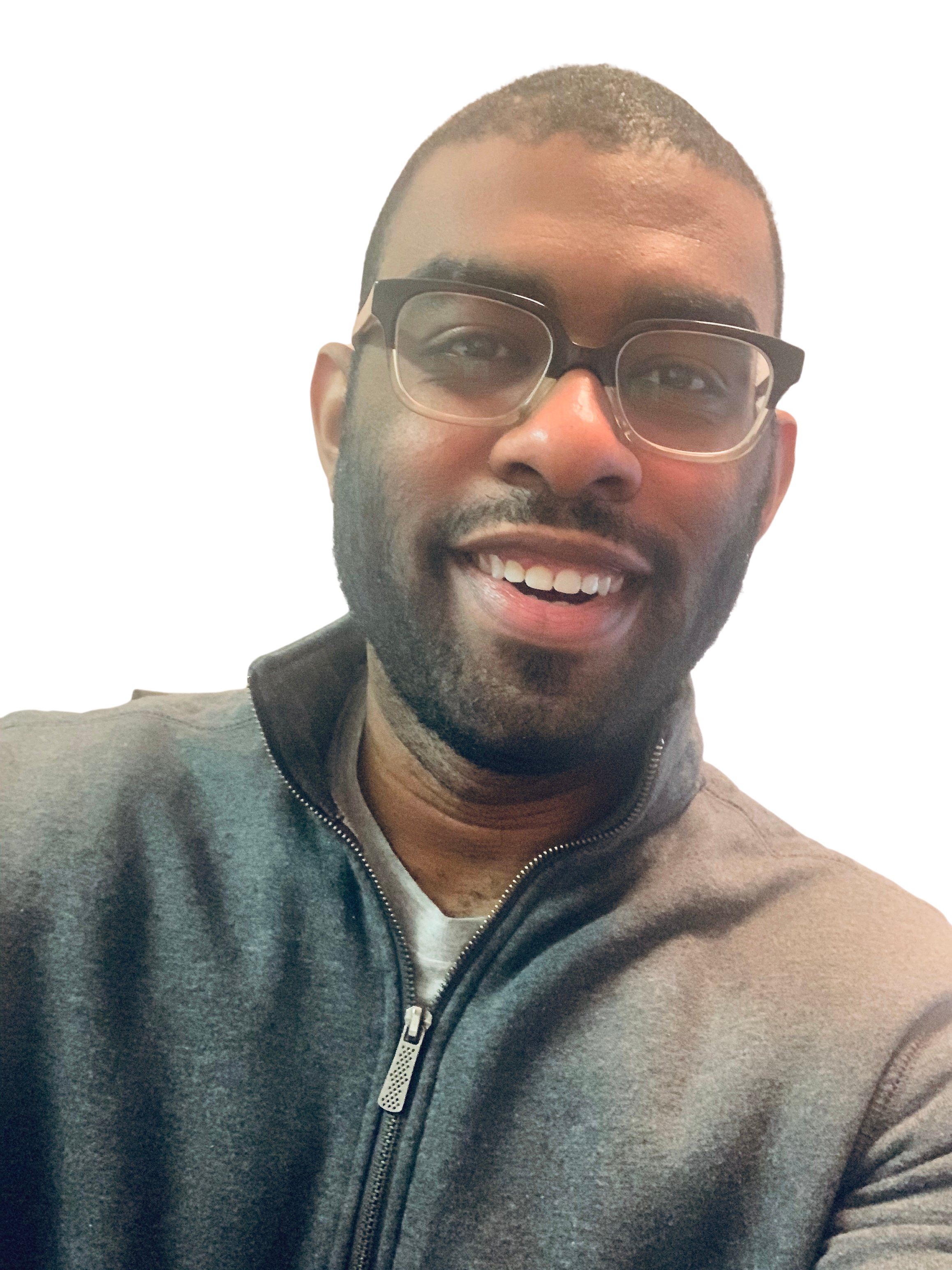Thursday, March 21, 2024


Your Celebratory Quote
Theme of the Week
We are applying intersectional thinking to fight for improved health care outcomes
FEATURED
My Mommy’s Ovarian Cancer
This platform is not about an individual. I write to apply intersectional frameworks to important issues because I am committed to the ideals of intersectional feminism and the absolute freedom of women in general, but especially Black, indigenous, and women of color. I believe when women of color are free, we will all be free.
That said, I am taking a point of writing and editorial privilege to use this platform to talk about the woman in my life that has inspired this work, this time specifically, my Mommy in the hopes that our story can help other women and marginalized people find their way in the oft broken American healthcare system.
A last point of housekeeping. We are trying to build a knowledge community of survivors at Standing Strong with Gwen. If you or someone you know is a survivor, please share this message with them and join the Facebook group.
The Diagnosis
My Mom, Gwen, affectionately known to me as my Mommy, found out this year that she has Stage IIIA1(ii) epithelial ovarian cancer of the type clear cell carcinoma. We received the news about this rare, aggressive cancer diagnosis on January 12, 2024, her 53rd birthday of all days.

We only found out now because of an emergency. There is no way to screen for Ovarian Cancer (which is a disparity in and of itself).
In November of 2023, Mommy fainted at home. Thankfully, my younger brother Demarkus was there, and he sprang into action rushing her to the hospital immediately. She was admitted to the ICU and a team of doctors analyzed her vitals trying to understand the root cause of an infection that had her vitals dropping day by day. After some scans, they found a mass on her ovaries. They successfully got the infection under control and a full hysterectomy was scheduled. After the surgery, pathology of the removed mass revealed that the growth was malignant and had spread to several lymph nodes in her abdomen. Hence the advanced staging.
Let the Chemo Begin
My mom is a single mom of two adult boys, the youngest and only sister to my 2 uncles, an active daughter to my grandma, and quite frankly our family needs her here. And so, there was no question that the next step was treatment.
Our Oncologist prescribed a chemo regimen of Carboplatin, Taxol, and Avastin – the standard treatment regimen for general Ovarian cancer. Keep in mind that Mommy just had a major surgery and one of the affects for her was wildly high blood pressure. Despite the fog of pain from a majorly invasive surgery, my Mommy repeatedly advocated for herself, bringing up concerns about her blood pressure. She noted that her nurses had been concerned, that she felt off, and she pushed her Oncologist to do something.
Right before her second treatment, she experienced a loss of eyesight as she was about to receive treatment. A nurse called her back to the hospital and immediately got her admitted to the Emergency department. Doctors concluded that she had Posterior Reversible Encephalopathy Syndrome (PRES), a brain hemorrhage brought on by one of her chemo medications – mostly Avastin.
The Studies – Ovarian + Black Women
The hope with cancer is always that there will be a straight forward path to remission and after multiple traumatic incidents, we were forced to revaluate this hope. We turned to academic literature and the American Cancer Society to help us get specific information about the intersection of Ovarian Cancer and Black women.
What we found was both promising and scary. There is a debate amongst the medical community about whether there are biological differences that are the primary factor for worse outcomes among Black women with Ovarian cancer or if there are systemic issues related to access to high quality care. A National Library of Medicine paper called, “Health Disparities in Ovarian Cancer” by Shirley Mei et. Al. found that Black women, in particular, have lower survival rates and are less likely to receive guideline-concordant care compared to their White counterparts. Another study called, “Epithelial ovarian cancer (EOC) survival by race and ethnicity in an equal-access healthcare population” by Zhaohui L. Arter et. Al found that, disparities in access to healthcare could significantly influence the observed racial and ethnic disparities in EOC survival. With equal access to healthcare in the Military Health System, there were no differences in survival between White patients and most minority groups, except for Asian patients who showed better survival outcomes.
Choosing Knowledge, Choosing Life
I was listening to someone get interviewed on NPR and they happened to be a Black woman. She said talking about race was a trap and that people just need to get used to seeing people of color. Maybe in some instances this could be true for those seeking a certain kind of status. But for everyday people, the knowledge of the specific factors and intersections of our lives is literally life or death.
Whether we are talking about systemic racism that kills us at the hands of police or medical systems that can shorten our lives, we must be aware so that we can take action.
Knowing better helped us do better and we opted to give Mommy the best shot possible to kick cancer’s butt. We enrolled her at a major Oncology center similar to the center of excellence in the study above. So if you are someone you love is going through treatment, you have the right to find the best treatment for your unique case and to move your care to a place that has the knowledge of what you need.
Help Us Fight
If you feel so compelled, you can donate to our GoFundMe to help Mom pay for the additional expenses related to the care she needs. We are so grateful for your support.

Stay in the Loop
Subscribe to our newsletter, Perspectives for Progress!






